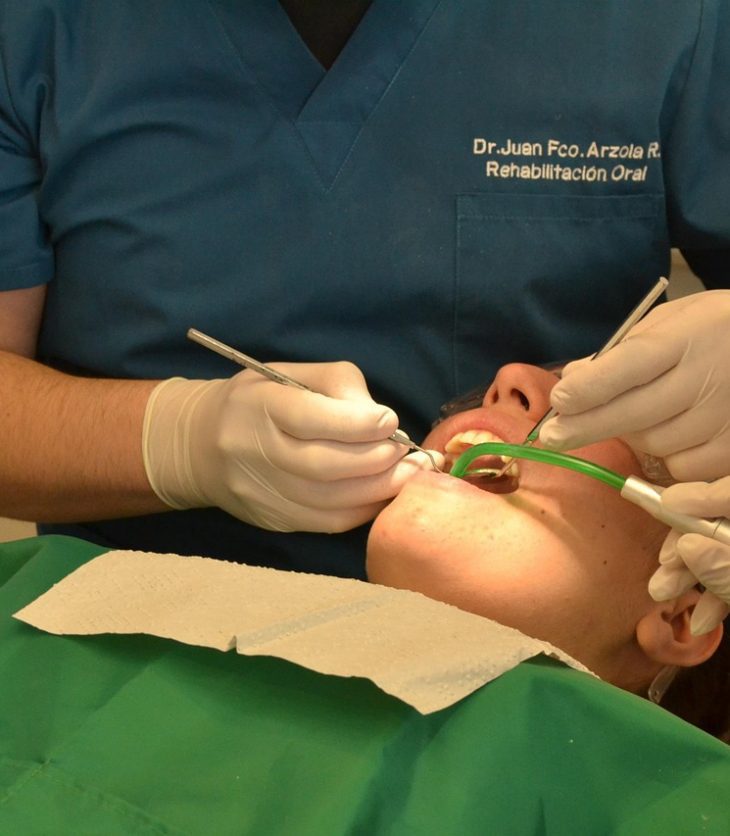Have you ever wondered what goes on behind that confident smile? While dental professionals are masters at crafting beautiful grins, there’s a world of information about dental implants that often remains unspoken. From misconceptions to hidden costs, and even personal stories from those who’ve walked this path, understanding the full picture can empower you in your dental journey.
In this blog post, we’ll peel back the layers and reveal essential insights into dental implants—details your dentist might not discuss during a routine appointment. Whether you’re considering an implant for yourself or simply curious about the process, join us as we dive deep into everything you need to know before making a decision that could change your life forever.
What Exactly Is a Dental Implant?
Okay, imagine a tiny titanium screw that gets inserted into your jawbone. That screw is your new tooth root. Once it heals and bonds with your bone (a process called osseointegration—yeah, it’s a mouthful), a crown gets placed on top to look and function like a natural tooth. Boom—new tooth, who dis?
It’s Not a One-And-Done Procedure
 Getting an implant isn’t like getting a filling. It’s a process. First, there’s the consult and X-rays. Then possibly a bone graft if your jaw isn’t strong enough (yes, really). Then healing. Then the implant surgery. Then more healing. Then the crown. You’re looking at 3 to 9 months from start to finish, depending on your situation.
Getting an implant isn’t like getting a filling. It’s a process. First, there’s the consult and X-rays. Then possibly a bone graft if your jaw isn’t strong enough (yes, really). Then healing. Then the implant surgery. Then more healing. Then the crown. You’re looking at 3 to 9 months from start to finish, depending on your situation.
So yeah, patience required. For example, dental implants usually take about four months, from start to finish. This is because there are more steps involved in this procedure than for a single implant.
There Are Hidden Costs
Most dentists quote you the price for the implant surgery. But what about the crown? The abutment (that little piece that connects the implant to the crown)? Sedation? Bone grafts? Suddenly, that “$1,200 implant” is now $4,000+. Pro tip: Ask for a full breakdown of costs up front. And don’t forget to check if your insurance covers anything. Spoiler: many don’t.
It’s Not a Fit for Everyone
Got diabetes? Smoke regularly? Have autoimmune issues? These can all impact how well your body heals—and whether the implant succeeds. Some dentists brush past this because, let’s be honest, implants are big-ticket items. But your long-term health matters more than a sales pitch.
Implants Can Fail
Yep, we said it. While implant success rates are high (like 95 %+), they’re not invincible. Infection, poor healing, or grinding your teeth can cause issues. If your dentist isn’t discussing risk factors, that’s a red flag.
They Still Require Maintenance
Once you’ve got your shiny new tooth, you’re golden. Not so fast. Implants require just as much TLC as natural teeth—maybe more. That means brushing, flossing (yes, even around implants), and regular dental visits. Implants don’t get cavities, but the gums around them can get infected (think: peri-implantitis). And that’s just as fun as it sounds.
So, Are Implants Worth It?
Absolutely—for the right person. Implants are durable, natural-looking, and they don’t mess with surrounding teeth like bridges do. But they’re not for everyone, and they’re not as simple as “just pop one in.” So talk to your dentist. Ask questions. Get second opinions. And don’t be afraid to advocate for yourself. Dental implants are amazing, but they’re also a big decision. Your dentist should be upfront about the pros, the cons, the cost, and the commitment. If they’re not, it’s okay to pause and do your homework. Like you’re doing now. Want more straight talk on dental stuff without the scary jargon? Stick around. We keep it real here.
…



 One of the key pillars of maintaining a healthy body as a bodybuilder is learning about proper nutrition. Your diet is crucial in fueling your workouts, promoting muscle growth, and aiding recovery. But with so much conflicting information, knowing what’s truly beneficial for you can be challenging. You can optimize your performance inside and outside the gym by educating yourself on proper nutrition.
One of the key pillars of maintaining a healthy body as a bodybuilder is learning about proper nutrition. Your diet is crucial in fueling your workouts, promoting muscle growth, and aiding recovery. But with so much conflicting information, knowing what’s truly beneficial for you can be challenging. You can optimize your performance inside and outside the gym by educating yourself on proper nutrition.
 Taking care of your health as a bodybuilder is crucial to achieving your fitness goals and maintaining optimal performance. You can stay healthy on your
Taking care of your health as a bodybuilder is crucial to achieving your fitness goals and maintaining optimal performance. You can stay healthy on your